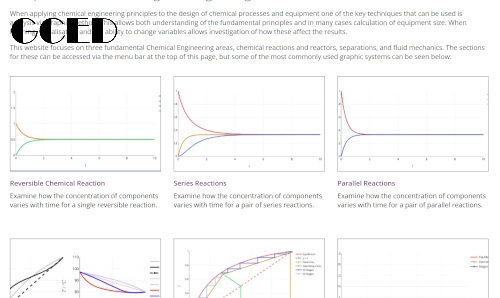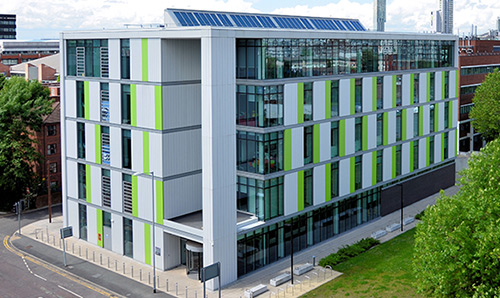
Chemical Engineering Education Innovation Centre
Our researchers
- Thomas Rodgers CEng PFHEA RSA
- Hosam Aleem FHEA
- Abdullatif Alfutimie SFHEA
- Emily Cooksey SFHEA
- Mauro Luberti CEng PGCert SFHEA
- Maryam Malekshahian PGCert FHEA
- Salman Shahid SFHEA
- Wennie Subramonian SFHEA
- Bernard Treves Brown CSci PGCert FHEA
Positioning Manchester as a global leader in transforming chemical engineering education by integrating cutting-edge technology, fostering interdisciplinary collaboration, and driving sustainable and socially responsible innovation.
We aim to build strong partnerships with industry to empower the next generation of engineers to solve the complex global challenges of the future.
Recent News
Core Objectives
- Enhanced Learning:
- Develop and implement new teaching methods, including virtual labs, simulation-based learning, digital-twins, project-based curricula, and generative AI supported learning.
- Enhanced Curriculum:
- Ensure teaching areas are forward thinking and aligned with evolving global challenges, current research, and future market trends: Including building strong partnerships with chemical engineering companies to ensure that the education provided is relevant and aligned with industry needs
- Research and Innovation:
- Encourage and support research in educational methodologies and tools that will shape the future of chemical engineering curriculum and practice.
- Student Engagement:
- Promote student-led projects, entrepreneurship, social responsibility, and participation in national and international competitions to foster educational leadership.
Key Themes
1. Active and Experiential Learning; including project-based learning, laboratory innovation, and simulated learning environments.
2. Integration of Digital Tools and Technology; including blended and online learning models, personalised learning experiences, and artificial intelligence in education.
3. Integrated Curriculum Development; including interdisciplinary teaching and holistic problem-solving incorporating economic, environmental, social and ethical considerations, and employability skills across the chemical engineering curriculum.
4. Assessment and Feedback Innovation; including new assessment methods, continuous feedback mechanisms, competency-based assessments, and peer and self-assessment.
5. Collaborative, Social, and Inclusivity Learning; including team-based learning, learning communities, and inclusive teaching practices that embrace student voice.



